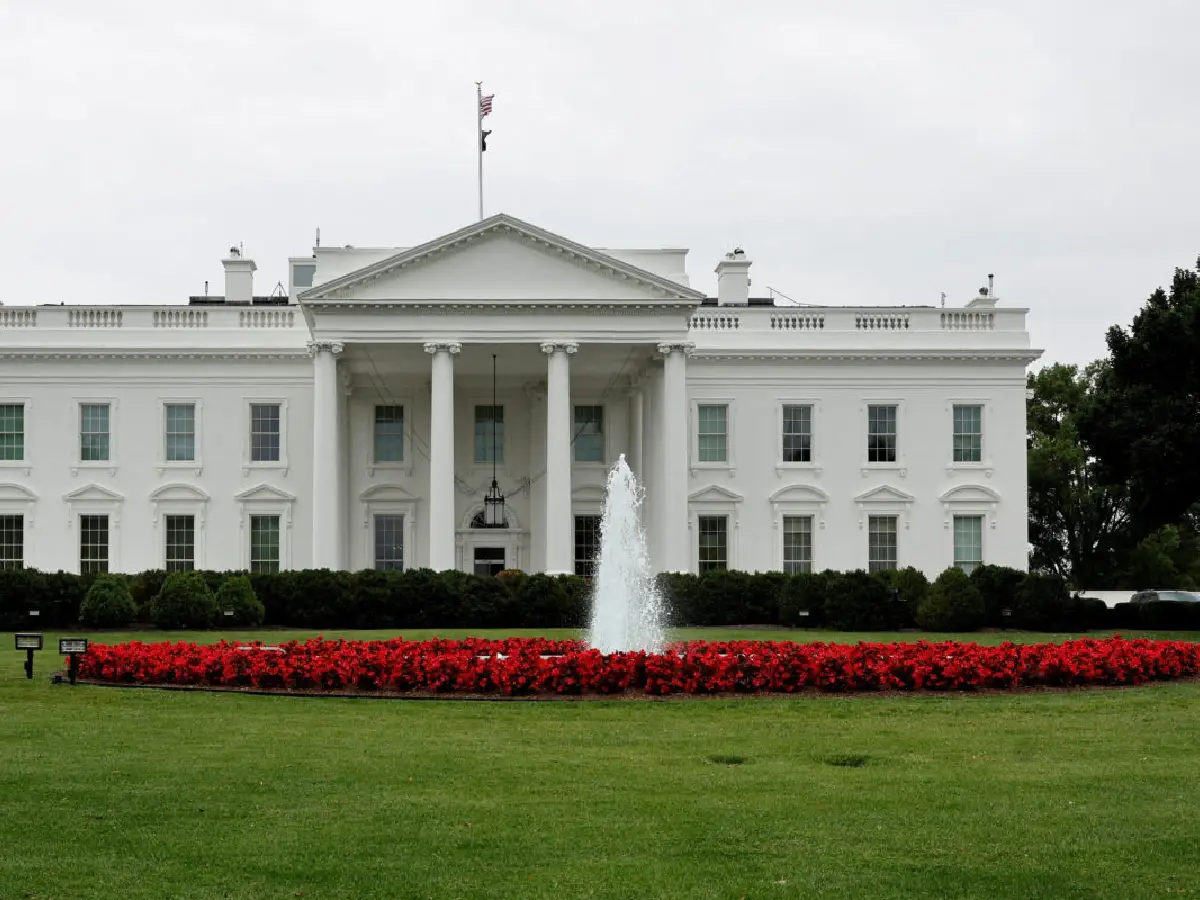In recent developments, the Trump administration has been involved in the removal of multiple government websites and digital data records, prompting significant concern among archivists, historians, and public analysts. This trend of erasing or withholding information poses serious questions about transparency and the ability for the public and future historians to have a full understanding of this period in American history.
The selective removal of digital content and data does not merely concern the immediate accessibility of information but it profoundly affects the integrity of historical records. When government websites are pulled down and data is no longer available, it allows for narratives to be controlled or reshaped. The implications of such actions are wide-ranging, laying the groundwork for a scenario in which the administration can assert its own version of events, potentially unchallenged by pre-existing records or alternate interpretations.
Historians and archivists have expressed their dissatisfaction and concern with this development, emphasizing that the preservation of authentic, unaltered historical data is essential for an accurate understanding of the past and for informing future governance. Historical records serve as an invaluable tool for accountability because they provide baseline data and evidence of governmental actions and policies.
The erasure of digital records can lead to a loss of context for understanding policy shifts, governmental operations, and their impacts on different segments of society. This decreases transparency, making it increasingly difficult for both researchers and the general public to track changes, conduct analyses, and hold governing bodies accountable.
The ethos of public record-keeping is grounded in the principle that an informed citizenry is essential to the functioning of a democratic society. Records and data that are removed or hidden from public view can lead to gaps in the collective memory of a nation, affecting the way current events are interpreted and understood. This can also have implications for legal accountability and the democratic process itself, potentially obscuring activities that might later be subject to investigation or critical public inquiry.
From an archival perspective, there is an ongoing effort to mitigate the effects of such losses. Digital archivists and historians continuously work towards preserving copies of digital content and data, sometimes creating independent archives to ensure that at least some form of the data remains accessible to the public. However, these efforts are inherently reactionary and can be incomplete against the full scale of data removal orchestrated at federal levels.
Furthermore, this practice contravenes global trends and contrary opinions about open data and transparency in governance. Many countries and international organizations advocate for and move towards greater transparency, emphasizing the importance of free access to governmental data as a pillar of modern, accountable governance.
The removal of these public resources raises philosophical questions about the nature of truth and the role of government in preserving or rewriting history. As administrations change, there is an understanding that perspectives and interpretations will evolve; however, the foundational data should remain intact to allow for balanced discourse and scrutiny.
In summary, the recent actions of the Trump administration regarding the removal of government websites and data carry significant implications not only for archival integrity but also for democratic transparency and historical accuracy. It is a pivotal moment that underscores the need for robust mechanisms to protect the sanctity of public records and ensure they remain a cornerstone of public knowledge and democratic governance.










